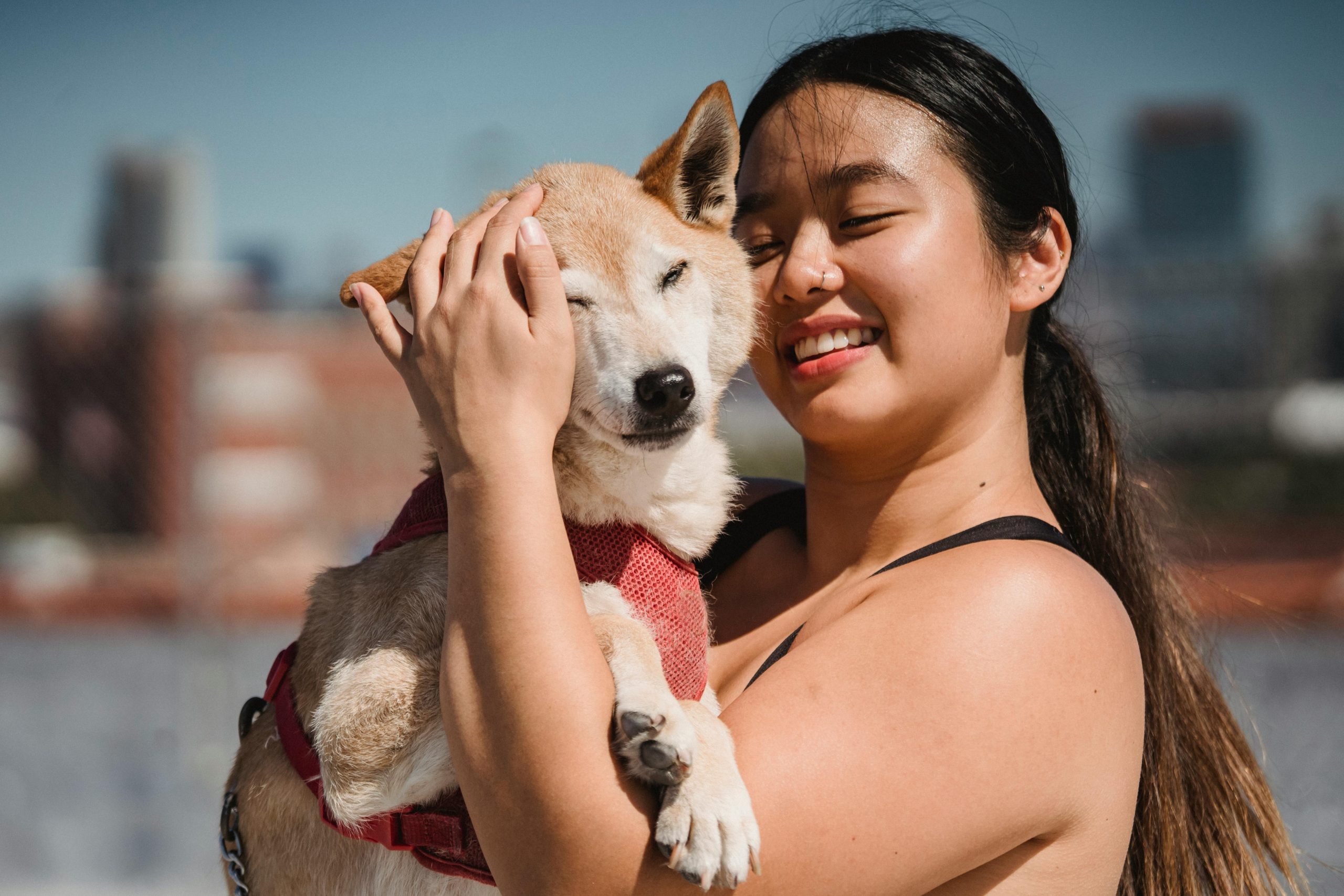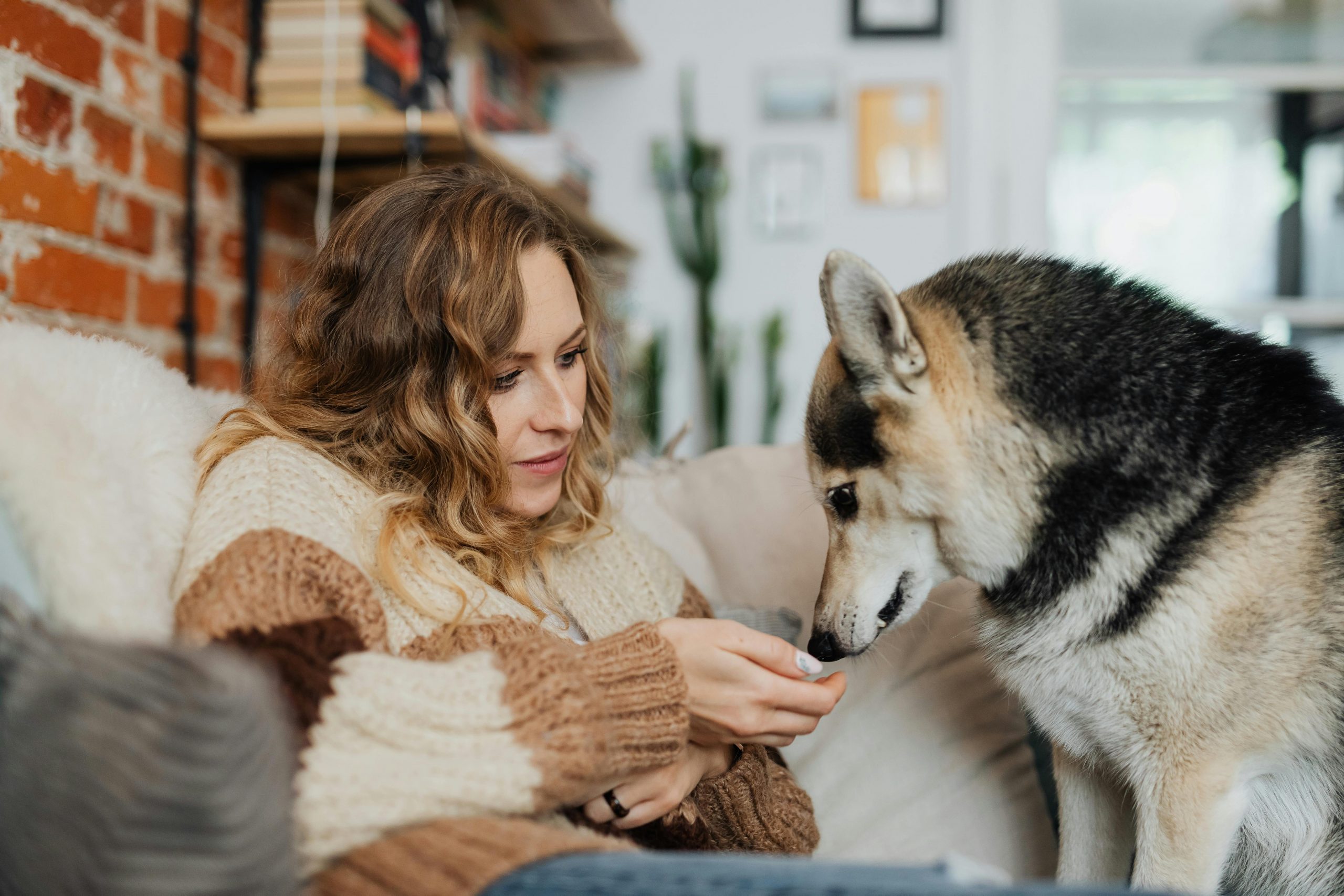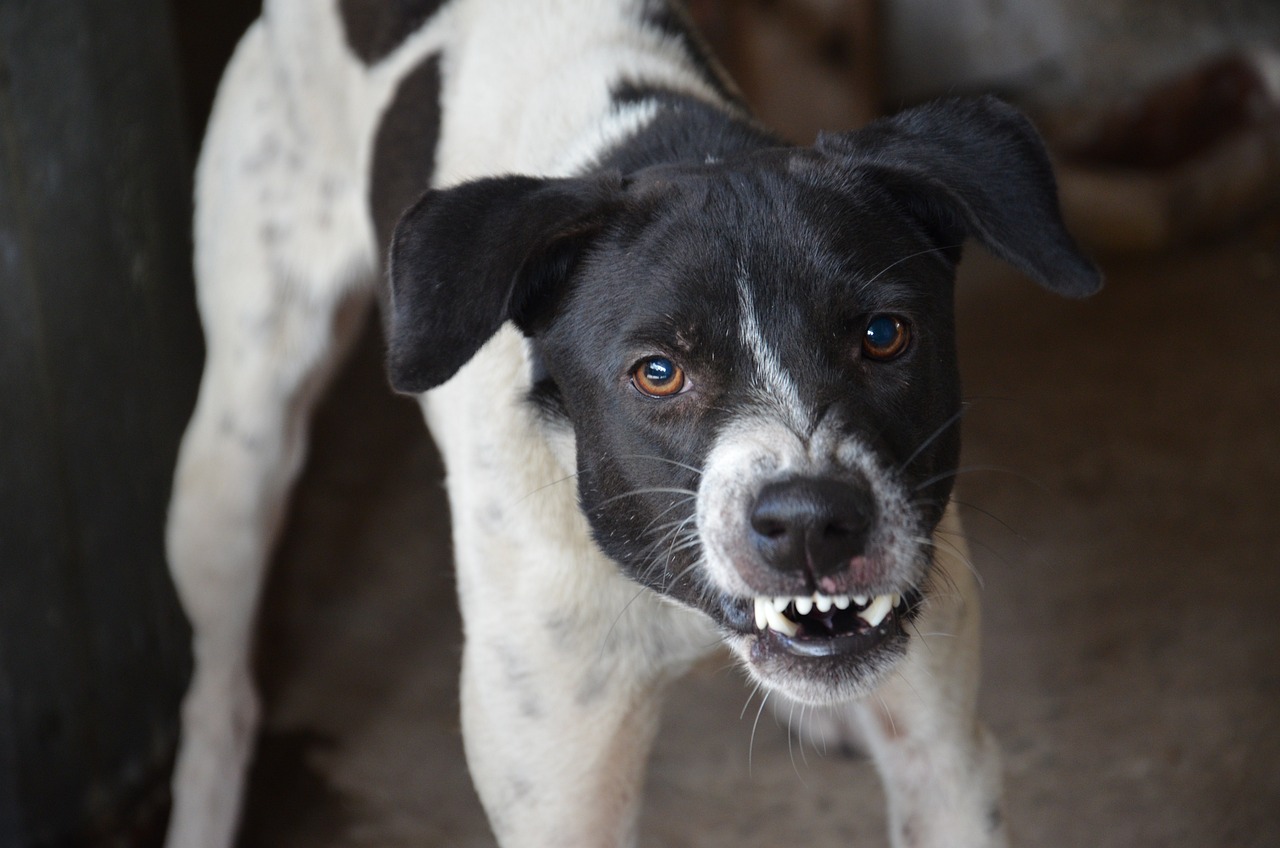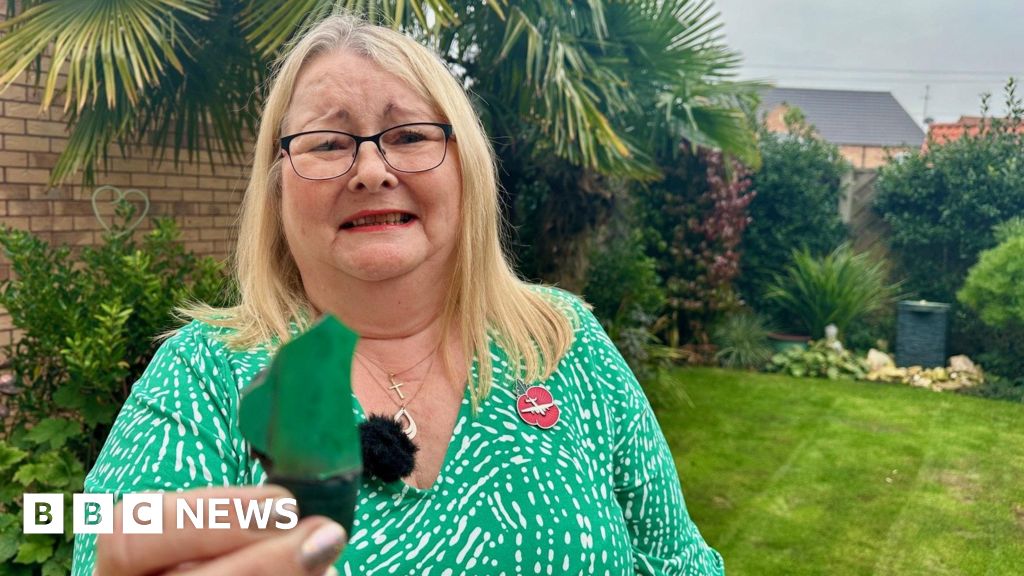In the evolving dialogue about animal welfare and the human-animal bond, the term “dog owner” is increasingly considered outdated. The shift toward “dog guardian” or “dog parent” reflects a deeper understanding of the responsibilities involved in caring for a canine companion. These terms emphasize a commitment to nurture and protect, acknowledging dogs as family members rather than property. A responsible dog guardian recognizes the importance of providing not just for a dog’s basic needs, but also for their emotional, social, and medical well-being. Being a dog guardian means actively contributing to the health and happiness of the dog, ensuring a life filled with love, safety, and respect. This article explores seven signs that indicate you are not just an owner, but a responsible and caring dog guardian.
1. Regular Health Check-ups
A responsible dog guardian understands the importance of regular veterinary check-ups to ensure their dog’s health is monitored and maintained. These check-ups allow for early detection and treatment of potential health issues, vaccinations, and routine care that keeps common ailments at bay. For example, breeds like Bulldogs, known for their health challenges, particularly benefit from regular vet visits to manage issues like respiratory or skin conditions.
2. Adequate Training and Socialization
Training and socializing your dog are crucial aspects of responsible guardianship. Well-trained dogs are not only easier to manage but are also safer and often more relaxed in various settings. For instance, breeds such as German Shepherds thrive with good training, channeling their intelligence and energy positively. Socialization helps prevent behavioral issues and anxiety, making daily interactions more enjoyable for both the dog and the guardian.
3. Providing a Balanced Diet
Feeding your dog a balanced, nutritious diet suited to their age, health status, and breed specific needs is a key responsibility. For instance, Labrador Retrievers often require a carefully managed diet to prevent obesity, a common health issue in the breed. Responsible guardians will take the time to understand what nutrients their dog needs to stay healthy and consult with a vet or a pet nutritionist to tailor their dog’s diet accordingly.
4. Ensuring Regular Exercise
Regular exercise is essential for a dog’s physical and mental health. A responsible guardian ensures that their dog gets adequate exercise tailored to their breed’s energy level. High-energy breeds like Australian Shepherds, for example, need more intense exercise to keep them physically and mentally stimulated, which helps avoid destructive behaviors.
5. Grooming and Hygiene
Regular grooming is vital not just for keeping your dog looking good but also for their overall health. Breeds with long coats, such as the Shih Tzu, require frequent grooming to prevent matting and skin infections. A responsible dog guardian will maintain a routine that includes brushing, baths, and nail trims, contributing to their overall comfort and health.
6. Providing Emotional Support
Understanding and responding to a dog’s emotional needs is a sign of a compassionate guardian. This includes recognizing signs of stress or anxiety and taking steps to alleviate them. Breeds like the Greyhound, known for their sensitive nature, particularly benefit from a guardian who is attentive to their emotional cues and provides comfort and security.
7. Commitment to Lifelong Care
A responsible dog guardian is committed to caring for their dog throughout the entirety of their life. This includes making arrangements for their care in the event of the guardian’s inability to do so. This commitment ensures that the dog never has to face the uncertainty of rehoming or shelters, especially as they age.

Being a responsible dog guardian goes beyond fulfilling the basic necessities. It involves a proactive and thoughtful approach to the physical, emotional, and social well-being of the dog. The term “guardian” rightfully encapsulates this dynamic, emphasizing an ethical responsibility towards another living being. By adopting these practices, you ensure a fulfilling, respectful, and loving relationship with your dog, reinforcing the shift from ownership to guardianship in our relationship with our canine companions.








